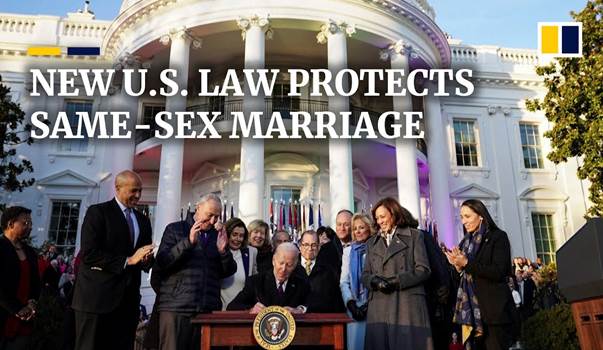Free Courses Sale ends Soon, Get It Now


Free Courses Sale ends Soon, Get It Now



Copyright infringement not intended
About
Same-Sex marriage around the Globe
.jpg)
Same-sex marriage: in the Indian context
Special Marriage Act (SMA), 1954
Arguments in favour of same-sex marriage
Arguments against Same-sex marriage
Supreme Court on IPC 377, Homosexuality
Way Forward
https://t.me/+hJqMV1O0se03Njk9
© 2024 iasgyan. All right reserved